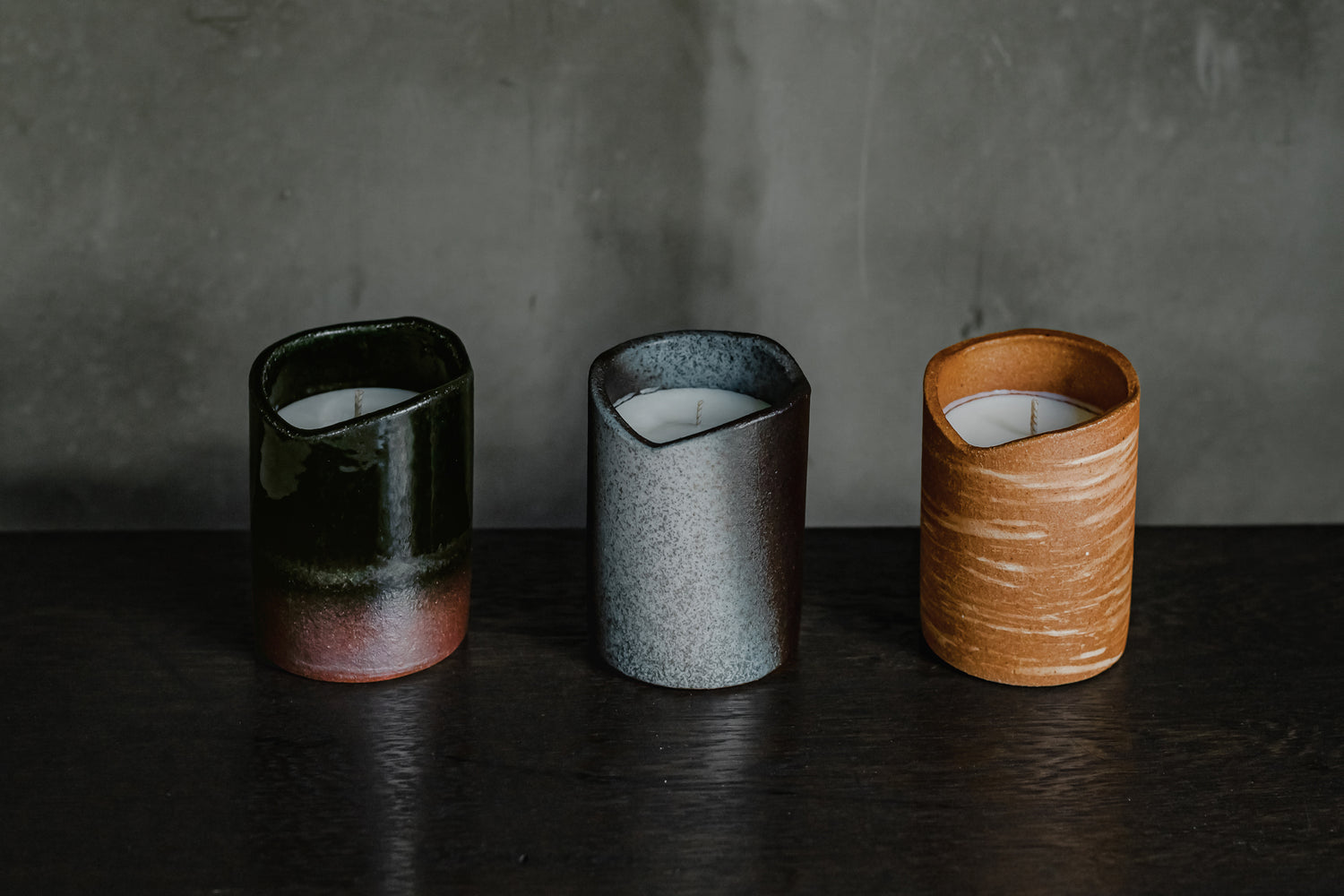Japanese is said to be one of the most difficult languages in the world to learn.
Even after becoming an adult, we often come across new Japanese word.
However, it is also true that hidden in that difficulty is the delicate and heartfelt expression typical of Japanese people.
What kind of expressions exist and what kind of background did they come from?
This time, we will focus on words that describe the scenes (="情景") of nature.
In the first place, the word “情景”=the scenes itself is difficult to explain.
According to the dictionary, it means "a scenery or a scene that can be enjoyed through the workings of the human mind."
By the way, the English translation is “A view or scene that is experienced through the human mind.” It is not something that can be translated in a single English word.
This kind of confusing point is exactly the expression that is typical of Japanese.
Let us give you two examples. The first one is "Komorebi" ="木漏れ日".

It means the light that shines through the gaps in the trees, You can imagine the beautiful contrast of shadows and light that nature creates. It was named "Komorebi" for its appearance. Depending on the time of day and season, the scenery of the sunlight filtering through the trees changes its appearance, and what you feel from it also varies from person to person.
As a word that makes you feel the season, "autumn wind" ="秋風".

In August, after the Obon festival, a cool breeze begins to blow, heralding the arrival of autumn.
Also, the wind that blows in late autumn makes us feel a little lonely and sad.
Feeling the subtle changes of the seasons through the wind, it's a typically Japanese subtle.
Why did people decide to name these natural scenes?
We don't know the exact answer, but we assume that it was to convey the impressions gotten from the beautiful scene in a straightforward manner.
They have given color to our lives not only in conversations, but also in Japanese poems and novels.
The delicate and heartfelt expression born from the ancient Japanese attitude of looking at nature carefully has been passed down to the present day.

